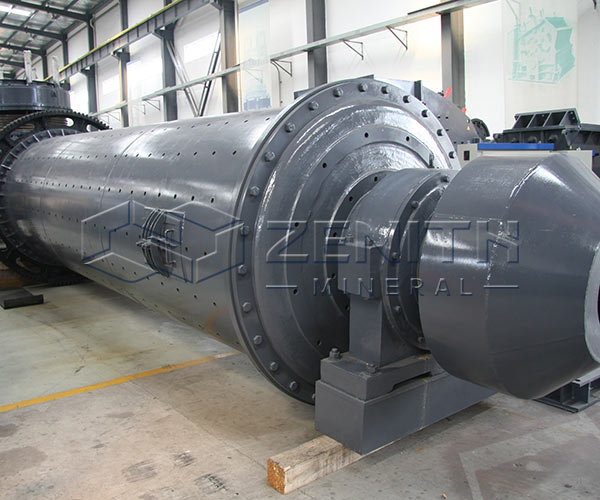
Understanding Ball Mills and Their Primary Applications
Ball mills are industrial machines used for grinding materials into fine powder. They are widely applied in industries such as cement, mining, ceramics, and chemical production. In Ethiopia, their demand has grown rapidly due to the nation’s expanding construction sector and rising mineral processing activities.
- A ball mill consists of a rotating cylindrical shell that contains steel balls.
- As the cylinder rotates, materials are crushed and ground into smaller particles.
- Common applications in Ethiopia include cement clinker grinding, mineral beneficiation, and building material production.
- Buyers often consider capacity, energy efficiency, and grinding technology before making a purchase.
Understanding the applications of ball mills helps Ethiopian buyers identify whether a machine suits their specific industrial needs.
Average Price Ranges of Ball Mills in Ethiopia
Although ball mill pricing varies across Ethiopia, certain price bands are common in the local market.
- Small-Scale Mills: Suitable for labs or small industries, often priced between $5,000 to $15,000.
- Medium-Sized Industrial Mills: Used in cement and mining, typically fall in the $20,000 to $50,000 range.
- Large Industrial Mills: Designed for high-capacity cement plants or major mineral projects, ranging from $60,000 up to $150,000.
- Imported Advanced Mills: Brands from China, India, or Europe can exceed $200,000, depending on technology and automation features.
These ranges fluctuate with foreign exchange rates, shipping costs, and supplier policies in Ethiopia.
Comparing Local and Imported Ball Mill Machines
Buyers in Ethiopia often debate whether to buy a locally manufactured mill or an imported model. Both options present distinct advantages and drawbacks.
Local Mills:
- Lower upfront costs and shorter delivery times.
- Easier access to repairs and spare parts.
- Limited advanced technology compared to foreign brands.
Imported Mills:
- Higher efficiency and longer lifespan.
- Advanced automation and precision grinding features.
- Higher shipping fees, customs duties, and currency-related risks.
The decision often depends on budget size, industry standards, and willingness to invest in long-term efficiency.
Installation, Maintenance, and Operational Costs
When budgeting for a ball mill in Ethiopia, buyers should consider not only the purchase price but also operational expenses over time.
- Installation Costs: Professional setup and alignment may require an additional 10–15% of the purchase price.
- Energy Consumption: Mills can consume significant electricity, making energy-efficient models more valuable.
- Spare Parts and Repairs: Liner plates, grinding media, and motors need periodic replacement.
- Skilled Labor: Hiring or training technicians is essential for smooth operation.
- Downtime Costs: Every hour of non-operation can lead to significant financial losses.
Factoring these costs ensures that the true lifetime value of the ball mill is understood before purchasing.
Where to Find Reliable Ball Mill Suppliers in Ethiopia
Finding a trustworthy supplier is just as important as negotiating the right price. In Ethiopia, buyers can explore several sourcing options.
- Local Manufacturers: Industrial workshops in Addis Ababa and other cities build ball mills for small to medium-scale operations.
- Authorized Distributors: International brands often have Ethiopian representatives or resellers.
- Construction Equipment Markets: Physical markets allow direct inspection of machines before purchase.
- Online Platforms: E-commerce sites and B2B marketplaces connect Ethiopian buyers with global suppliers.
- Industrial Trade Fairs: Events in Ethiopia showcase machinery from both local and international manufacturers.
Choosing a supplier with good after-sales service, technical support, and warranty policies adds long-term value.
Ball Mill Investment in Ethiopia
Purchasing a ball mill in Ethiopia requires careful research, cost analysis, and supplier evaluation. While the initial purchase price is a major factor, buyers must also account for installation, maintenance, energy, and spare parts.
- For small businesses, local mills provide affordability and quick availability.
- For large industrial projects, imported mills often justify their higher prices with efficiency and durability.
- Strategic negotiation and supplier selection ensure that Ethiopian businesses maximize the return on investment.
A well-planned purchase not only improves productivity but also strengthens Ethiopia’s industrial development.

